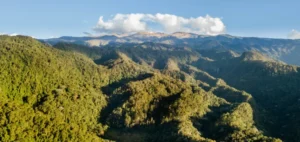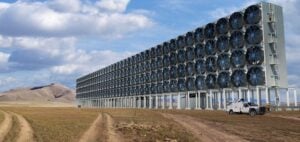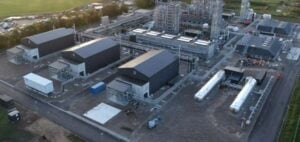Developers of nature-based carbon projects in North America are exploring ways to value co-benefits such as biodiversity enhancement and economic development in voluntary carbon markets. Ecosystems Marketplace, part of Forest Trends, will release a report on the “beyond carbon” benefits of nature-based carbon credits, which may include habitat expansion, fire risk reduction, and community well-being.
Buyers’ interest
Quantifying the value of these additional benefits is a challenge, but buyers are interested. Platts assesses the value of nature-based carbon credits, with prices falling to $1.45/mt CO2e in May 2023 from $10.90/mt CO2e a year ago. Buyers should expect higher prices for co-benefits, which would fund quantification, certification, and implementation systems.
Efforts are underway to establish bio-credit markets for nature conservation projects, alongside the carbon market, with a focus on financing environmental conservation and projects led by indigenous and local communities. Challenges include measuring biodiversity, generating demand and securing income for these communities.





















